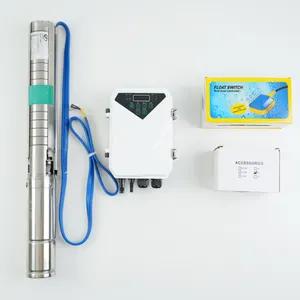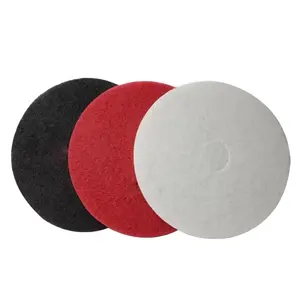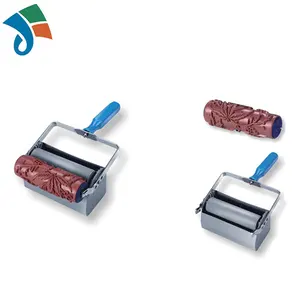Popular in your industry





































































Top categories
About mold insert nut
Mold Insert Nut Overview
Mold insert nuts are specialized components widely utilized in various industries to establish secure connections between parts. These nuts are designed to be inserted into materials, providing a threaded receptacle for a bolt or screw. This introduction will delve into the intricacies of mold insert nuts, their types, applications, and features.
Types and Materials
There exists a diverse range of mold insert nuts, each tailored for specific applications and environments. Stainless steel variants are prevalent due to their corrosion resistance, making them ideal for outdoor use where they may be exposed to the elements. Other materials include brass, plastic, and alloy steel, each offering unique benefits such as electrical insulation or enhanced durability.
Applications and Features
The application of mold insert nuts spans across numerous fields, from household appliances to automotive manufacturing. Their primary feature is the ability to provide a strong, vibration-resistant joint. Hexagonal nuts, for instance, are favored for their ease of installation and versatility, connecting metal and wood components efficiently.
Advantages of Mold Insert Nuts
The advantages of using mold insert nuts include their resistance to loosening under vibration, a common issue in machinery. Locknuts are particularly beneficial in high-vibration environments due to their internal threading and locking capabilities. The selection of the appropriate mold insert nut depends on the specific requirements of the task at hand, such as load-bearing capacity and environmental exposure.
Choosing the Right Mold Insert Nut
Selecting the correct mold insert nut is crucial for ensuring the integrity of the joint. Factors to consider include the material of the components being fastened, the environmental conditions, and the type of load the joint will bear. It is essential to match the nut material to that of the bolt or screw to prevent galvanic corrosion and ensure a long-lasting connection.
Conclusion
In conclusion, mold insert nuts are a fundamental component in various assembly processes. Their design and material composition allow for a wide range of applications, ensuring reliable and durable joints. When selecting a mold insert nut, it is important to consider the specific needs of the application to choose the most suitable type.




























